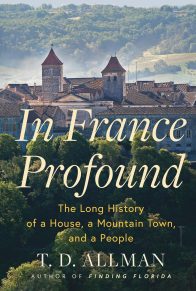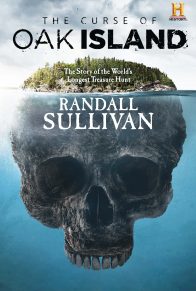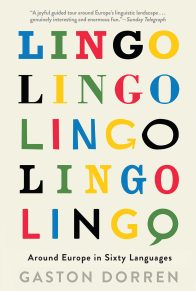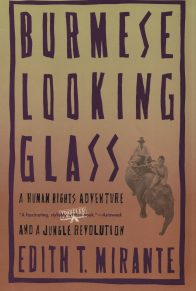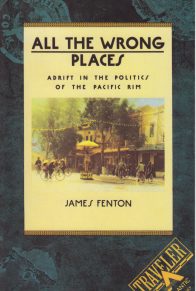“A rich and intensive prose, which with restrained compassion forms a challenging vision of man’s vulnerability.” –The Swedish Academy
“It is as a patient observer of the city and countryside that Cela will probably leave his mark on Spanish literature. His best descriptive writing lies outside the novel, in travel sketches and essays. . . . The best-known and most charming of Cela’s travel sketches is Journey to the Alcarria.” –Christopher Maurer, The New Republic
“[Cela’s] posture is the most Spanish of philosophical attitudes–stoicism–and it is an attitude ideally suited to the traveler, particularly one who is out not just to savor the lived moments, but to make them live for others. . . . Cela guides us through [the Alcarria region’s] hills and fertile fields and medieval towns with great skill. He reports not just what he sees but what the things he sees evoke.” –Enrique Fernández, Condé Nast Traveler
“While his observations frequently are ironic, offhand, dry and remote, and his tone is often monotone, Mr. Cela’s sensitivity to the whisper of birds and the tenuous color of misty morning light belies an acute involvement with the world around him; his deceptive narrative device, rather than distancing the reader from the subject matter, draws him into the emotional gap between author and narrator.” –F. Lisa Beebe, Baltimore Sun
“Cela is an intelligent, urbane traveler with a keen sense for people and ear for the spoken and unspoken language. A very rich, intense, delightful book.” –John J. Daley, Sunday Republican (Waterbury)
“Cela’s greatest non-fiction work . . . this is travel writing at its most evocative, painting a landscape with a few well-chosen words, bringing characters to life with humour and sympathy and without condescension.” –The Sunday Times (London)
“A classic of Spanish travel literature. . . . The narrator . . . journeys unheroically through arid landscapes, as if through a foreign land, chatting to the locals, seeking suitable spots for siestas and kicking importunate or inconveniently located dogs. But a talent for finding the right word makes the least promising episode come alive.” –Gerald Martin, The Guardian (London)
“In prose that is fresh, clear and straightforward, Mr. Cela searches for the true character of the Spanish people . . . in a style that echoes the pure and simple dignity of the inhabitants of this rugged region.” –Victor Block, Washington Times





